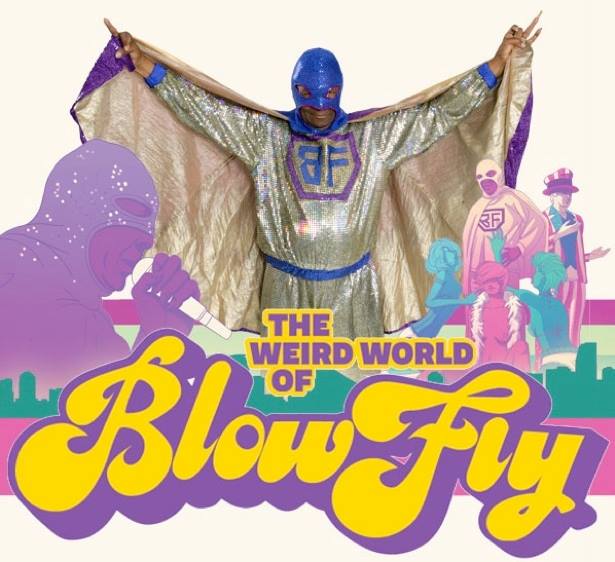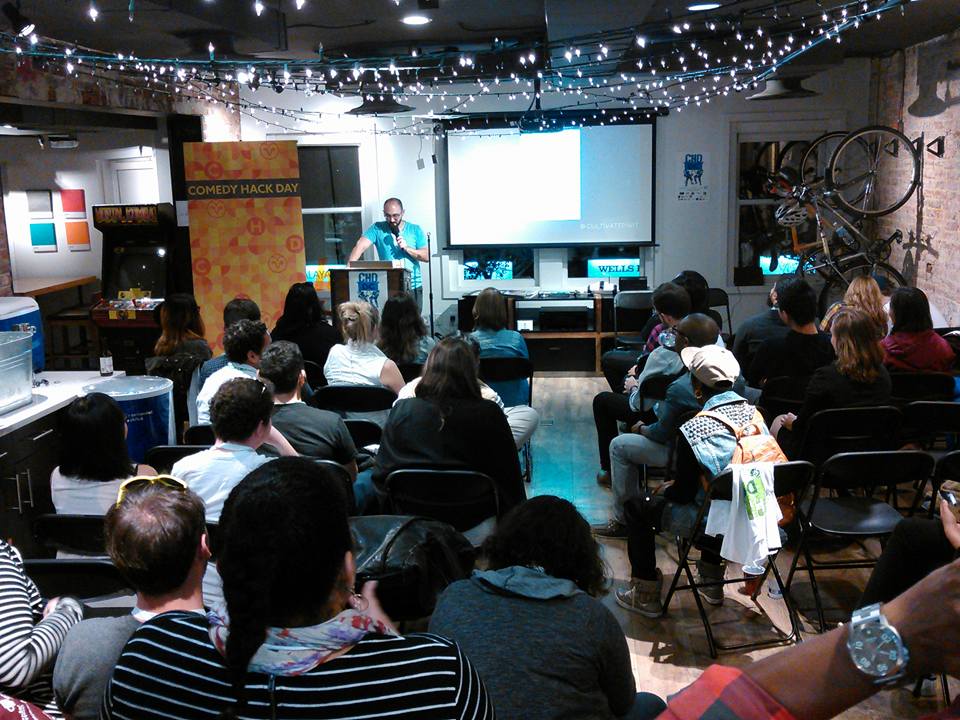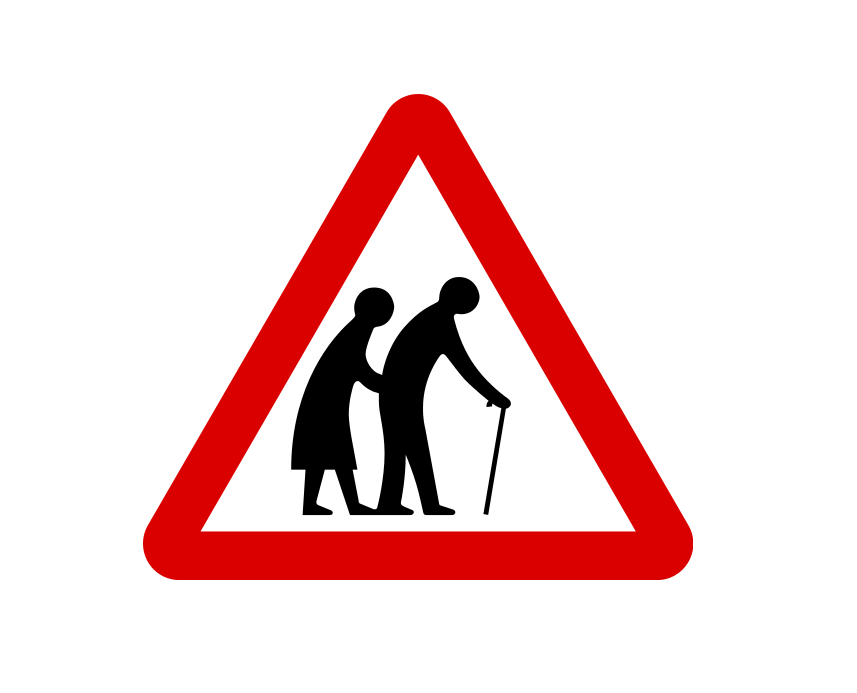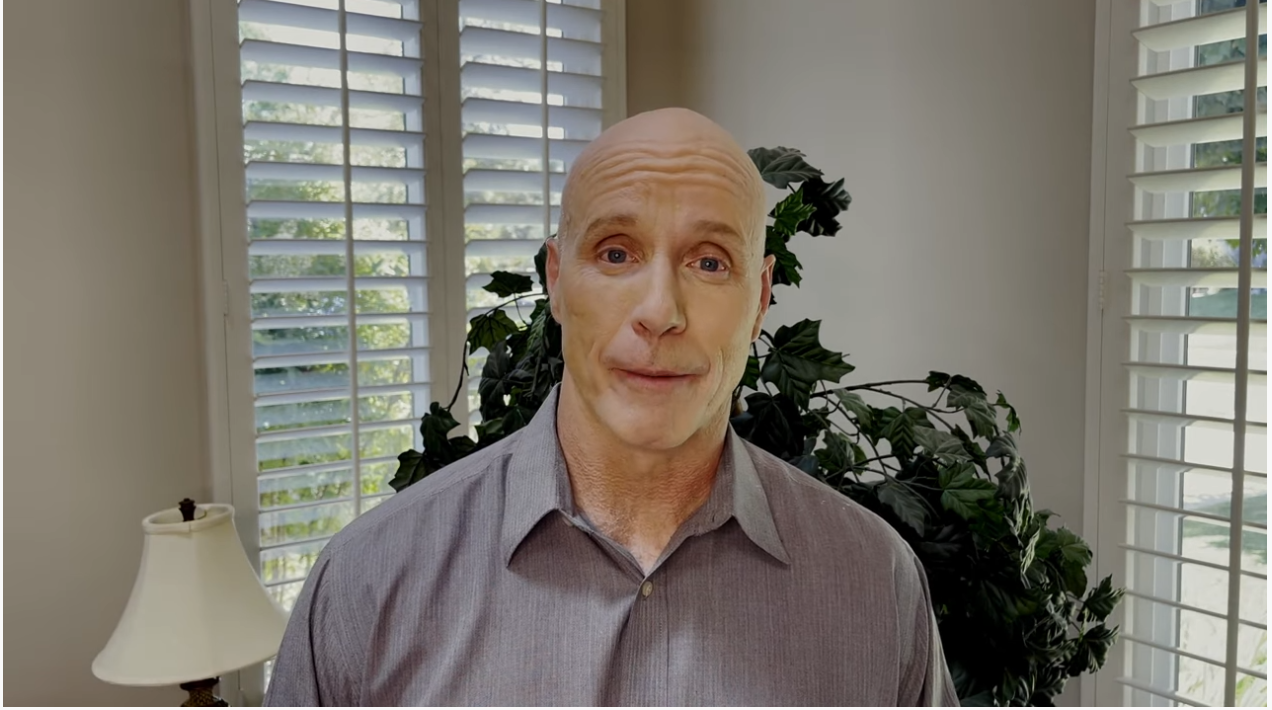 “Begin with the end in mind” is the second habit discussed by Dr. Steven Covey in his book The Seven Habits Of Highly Effective People. I’m pretty sure Dr. Covey was not referring to comedy while planning that habit, but it did help me realize that performing stand-up may not last forever. There were legendary performers like Jackie “Moms” Mabley and George Burns who performed in their golden years. Dr. Dick Gregory turned 80 this month, and his shows continue to sell out on a regular basis. However, Eddie Murphy and Steve Martin were at the top of their game when they decided to walk away from performing stand up. Then I realize the possibility of becoming burned out from performing stand-up comedy is a reality.
“Begin with the end in mind” is the second habit discussed by Dr. Steven Covey in his book The Seven Habits Of Highly Effective People. I’m pretty sure Dr. Covey was not referring to comedy while planning that habit, but it did help me realize that performing stand-up may not last forever. There were legendary performers like Jackie “Moms” Mabley and George Burns who performed in their golden years. Dr. Dick Gregory turned 80 this month, and his shows continue to sell out on a regular basis. However, Eddie Murphy and Steve Martin were at the top of their game when they decided to walk away from performing stand up. Then I realize the possibility of becoming burned out from performing stand-up comedy is a reality.
When I decided to become a comedian, I explored both sides of the profession: The business of being funny and the business of working in comedy. In the past, I was told “If you know you’re funny, that is half of the battle. Getting funnier requires stage time, writing jokes, practice, practice, and oh, practice.” As for the business side of comedy, it requires comedians to understand the bigger picture. Several comedians (who are still popular) have moved on to other projects like talk shows, voice over work, sitcoms, game shows, and more. Using stand-up comedy a means to get their talent noticed, they were able to create and develop other comedy based projects.
Christopher Titus was the first comedian I remembered who took his comedy from the stage to a sitcom. He was the creator, writer, and also starred in his self titled show Titus. Sure, other comedians had shows based on their routines and material (Richard Pryor, Ray Romano, Tim Allen, Kevin James, etc.), but Christopher’s show based on his actual family. My thinking was “Wow! That is fascinating!” More importantly, he took the responsibility produce a show that allowed him to wear multiple creative hats. As a challenge to myself, I thought it would a great experience to write a sitcom pilot. But first…I had to learn how to write one.
Thanks to the Internet, asking for assistance from industry professionals has become a breeze. If I choose to contact people for advice who don’t know me, I use the following format:
- A short introduction about myself.
- A quick comment about why I admire about their work.
- A question within their area of expertise.
Remember to keep your email as short as possible. You are ‘cold calling’ someone in this business to ask for assistance, and their time is very valuable. Be mindful of that!
These books that were highly recommended for first time sitcom writers:
The TV Writer’s Workbook: After reading Ellen Sandler’s book, writing a sitcom doesn’t like an impossible task. Comedians understand jokes and joke structure, and sitcom writing is very similar. Ellen discusses the critical elements about creating stories, themes, plots, treatments, and outlines. She recommends reading existing television scripts to understand their format before creating your own script. Once your script is complete, she explains how to market it to the industry. When are you ready for an agent or manager? How do you pitch your show to executives? All of these questions and more are reviewed in this book!
The Eight Characters of Comedy
When Scott Sedita wrote this book, I’m sure he had two audiences in mind:
- Actors/Actresses with a desire to perform in comedy based roles
- Writers who want to create memorable characters
Using examples from various sitcoms from I Love Lucy to Will & Grace, Scott explains how simple the formula can be for creating sitcoms. Comedy comes from conflict, and if you understand roles of these characters, then you will find yourself writing faster than you imagined. Previously, I dabbled with writing sketch comedy. After reading this book, I understand of why some of those sketches were not funny. Now I feel more confident about creating new characters and how they observe the world.
Don’t misunderstand me – I’m not departing stand-up comedy. But I am exploring the different opportunities to become a better performer and writer. Working with comedy goals is what I consider to be the ultimate time management system. Keep track of where you are spending your efforts. Continue to learn from others, and implement that knowledge into the growth of your comedy career.
Keep performing!
© 2012 Wayne Manigo
Wayne Manigo is a comedian and co-founder of DC Comedy Writers Group. He is the creator of “Addicted to Comedy,” and the brainchild behind the annual comedy conference, Starting Stand Up: A Comic Beginning. He also produces the show, Bellylaughs in Bethesda at Caddies at Cordell.




















